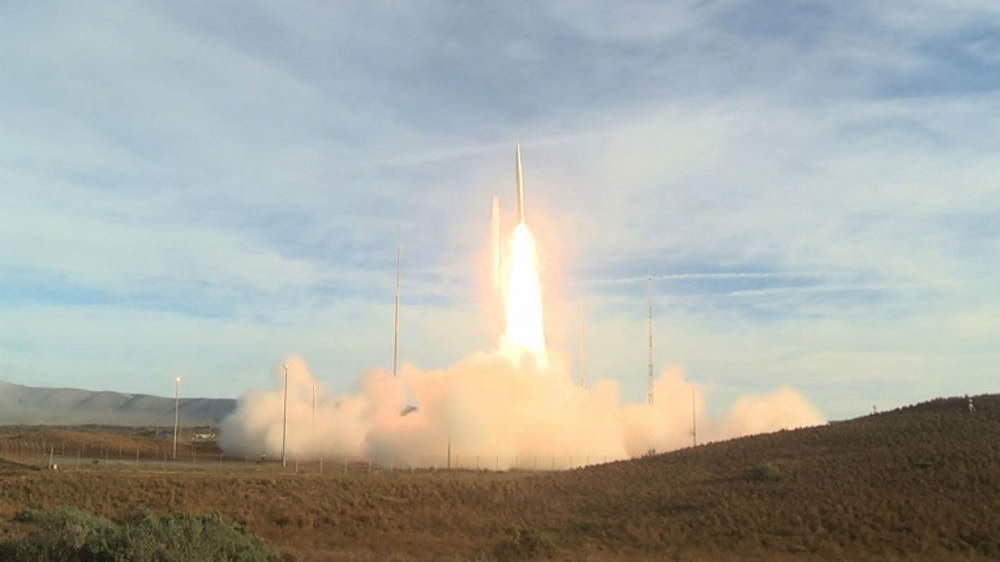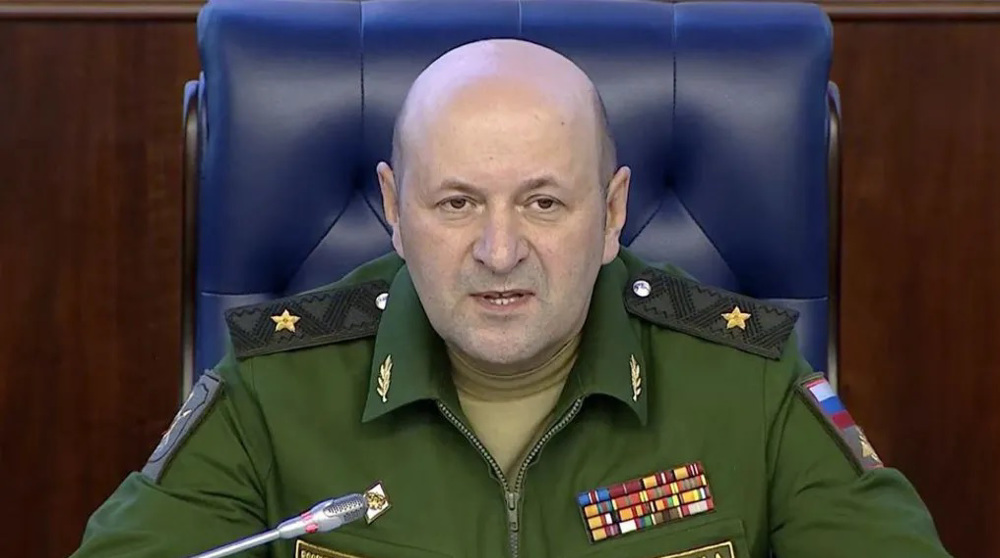US stance on nuclear-test ban treaty most destructive: Russia
Russia says the United States is taking a “destructive” stance over a decades-old multilateral treaty that bans all nuclear explosions by saying openly that it does not plan to ratify it.
On Tuesday, the Russian Foreign Ministry said in a statement that the Comprehensive Nuclear-Test Ban Treaty (CTBT) faced serious challenges and called on Washington to reconsider its position on the pact.
“Russia is calling on… above all the United States to reconsider its position and ‘give the green light’ to transform this most important agreement from the point of view of global security into a fully functioning international legal instrument,” read the statement, which was issued on the occasion of the 20th anniversary of the treaty’s ratification by Moscow.
The CTBT was adopted by the United Nations General Assembly in September 1996, banning all nuclear explosions in all environments, but it has not yet entered into force because it has been either not signed or not ratified by a number of countries.
The US has signed the pact but has so far refused to ratify it. Russia signed the treaty in 1996 and ratified it four years later. Overall, 183 countries have signed the pact, and 166 have ratified it.
The Russian statement also warned that Washington held the most destructive position by officially declaring that it had no plan to ratify the CTBT.
It said that once the CTBT entered into force it could create a “shield against developing nuclear weapons, preventing their proliferation.”
Last year, the landmark Intermediate-Range Nuclear Forces Treaty (INF) collapsed when Washington pulled out of the 1987 bilateral deal with Moscow. The INF had banned all land-based missiles with the range of up to 5,500 kilometers.
Another treaty between Russia and the US, the New START, is also in danger of collapse.
The New START expires in February 2021 but can be extended for another five years by mutual agreement.
Russia has warned that yet another arms race would be inevitable if the 2010 treaty is not renewed.
D-8’s role in Iran’s economy after Cairo summit
China slams US as ‘war-addicted’ threat to global security
China ‘firmly opposes’ US military aid to Taiwan
VIDEO | Press TV's News Headlines
President Yoon Suk Yeol to be removed from office
At least 19 Gazans killed by Israeli airstrikes since dawn: Medics
Leader: Iran neither has nor needs proxy forces
US fighter aircraft shot down ‘in friendly fire’ amid aggression on Yemen











 This makes it easy to access the Press TV website
This makes it easy to access the Press TV website